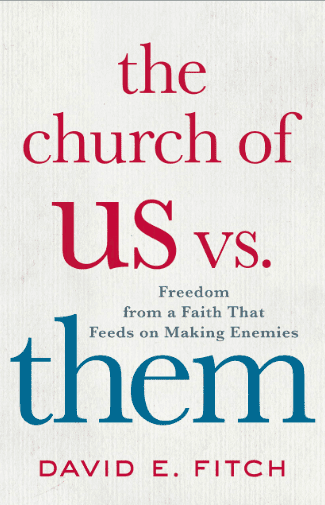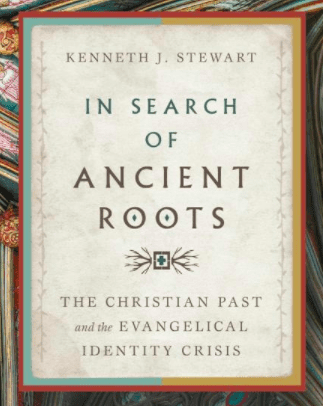Christopher Benson, in his review of John Stackhouse’s portion of the book the spectrum of evangelicalism, makes this closing, and it’s worth your careful read — and a response.
Where do you think such a person can find a home? Canterbury? Rome? Wittenburg? Geneva?
Earlier I said I embrace Stackhouse’s criteria of generic evangelicalism “as far as it goes.” I qualified my praise because, however much the definition contains an inner logic, I am still restless with “evangelical” (uppercase, in my reading) as a descriptor of my own religious identity. That restlessness owes to what I perceive as the cultural captivity and politicization of the movement during my lifetime. Add to this “the anointed” authority structure, pointless heresy hunting, institutional weakness, ad hoc liturgy, anti-intellectualism, middlebrow aesthetics, and flaccid theology (“moralistic, therapeutic deism”)—and you will begin to understand the winter of my discontent. (There are exceptions to the above generalizations, but apologists often make too much of those exceptions.) Some of my evangelical contemporaries have found vernal promise in Catholicism or Orthodoxy. I investigated both traditions and could not be at home there for theological reasons.
So, where shall a person like myself go? The answer, I believe, is toward post-evangelicalism—not to be confused with ex-evangelicalism or anti-evangelicalism. A post-evangelical can retain the ethos (lowercase) while leaving behind the movement (uppercase). C. S. Lewis famously exhorted such a move. Using a decidedly Protestant metaphor for Christianity, he compared the religion to a house: “mere Christianity,” which might as well be evangelical Christianity due to its ecumenical reach, is the hall—”a place to wait in, a place from which to try the various doors, not a place to live in”—while the confessional traditions are rooms off the hall. Post-evangelicalism is a return to confessional Protestantism—or what Robert Webber calls “ancient-future faith.” For too long I have tarried in the hall, reluctant to enter a room where “there are fires and chairs and meals.” Lewis distinguished between waiting in the hall, which God uses for our own good, and camping, which is a refusal to commit because of pride, taste, or prejudice.
A species of pride may account for my reluctance to knock on the door—pride that expects perfection where none can be found this side of heaven. If the true church is “a congregation of faithful men [and women], in which the pure Word of God is preached, and the Sacraments be duly ministered according to Christ’s ordinance” (Article 19 of The Thirty-Nine Articles of Religion), then I have not found thatchurch in a single room because, in my estimation, the Reformed room succeeds in its ministry of the Word and its correlate of theology, whereas the Anglican room succeeds in its ministry of the Sacraments and its correlate of liturgy. Lewis furnishes sound advice to hallway-campers like myself: continue to pray for the light and ask: “Is holiness here? Does my conscience move me towards this?” At bottom, my restlessness with evangelicalism is sensible because a protest movement should never be “put forward as an alternative to the creeds of the existing communions.” Lewis goes so far as to say “the worst of the rooms (whichever that may be) is, I think, preferable” to living in the hall. Generic evangelicalism is just too damn generic for deep discipleship. Whatever my ecclesial future holds, this much is certain: “evangelical” will only be the adjective to the noun of “Christian.”











